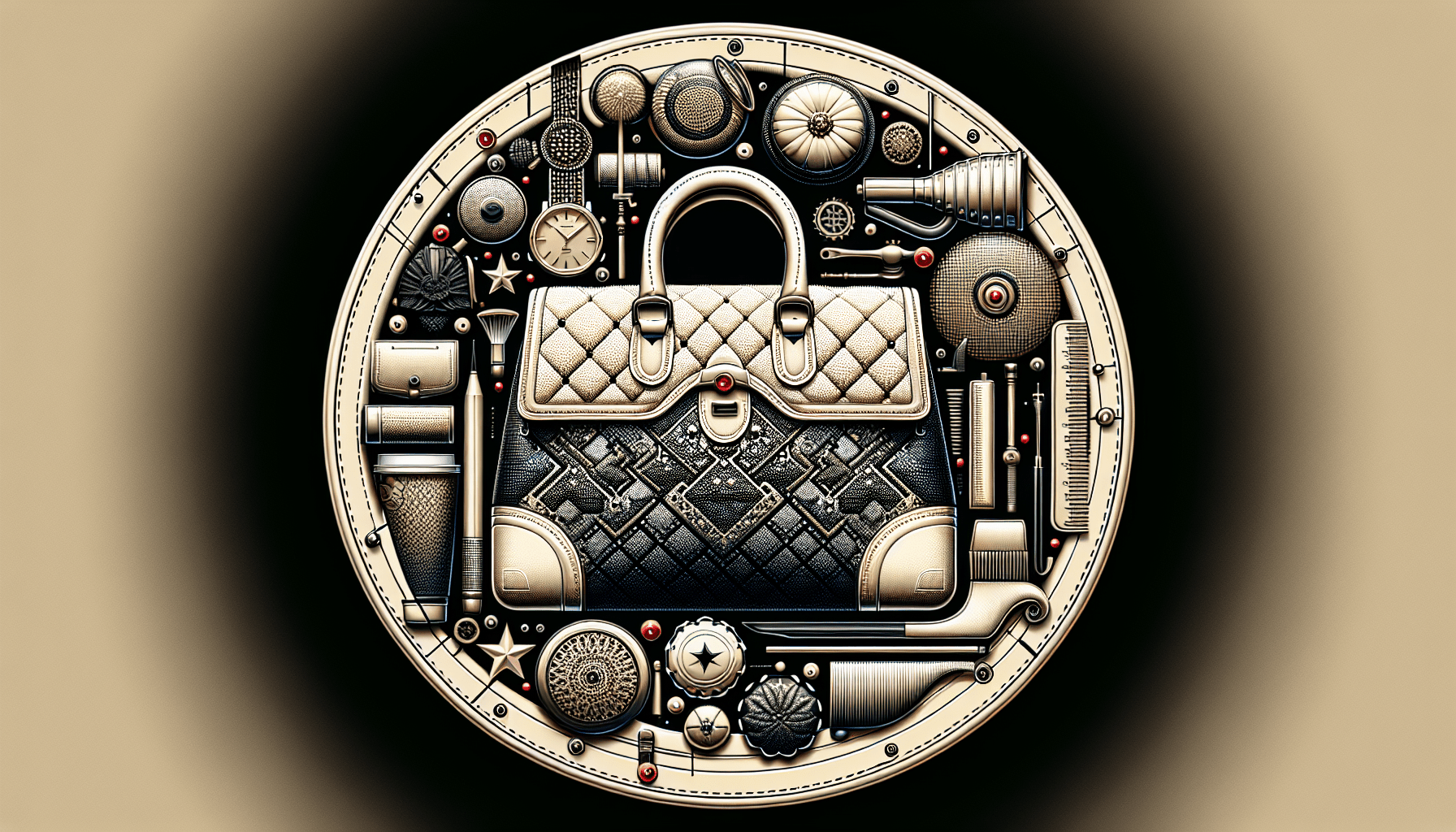Welcome to an exciting glimpse into Turkey’s fast-growing fashion scene! As Turkish designers continue to make waves both locally and internationally, the country’s fashion industry is gaining attention for its unique blend of cultural influences, innovative designs, and quality craftsmanship. With a rich history in textile production and a growing reputation for producing talented designers, Turkey is quickly becoming a hub for cutting-edge fashion. Join us as we explore the dynamic world of Turkey’s emerging fashion industry and discover the next big trends coming out of this vibrant country. Have you ever wondered about the fashion industry in Turkey and how it’s evolving over the years? In this article, we will take a closer look at Turkey’s emerging fashion industry. From traditional designs to modern trends, you’ll get a glimpse into the vibrant world of Turkish fashion. So, grab a cup of tea and let’s dive into the colorful and dynamic fashion scene in Turkey.

